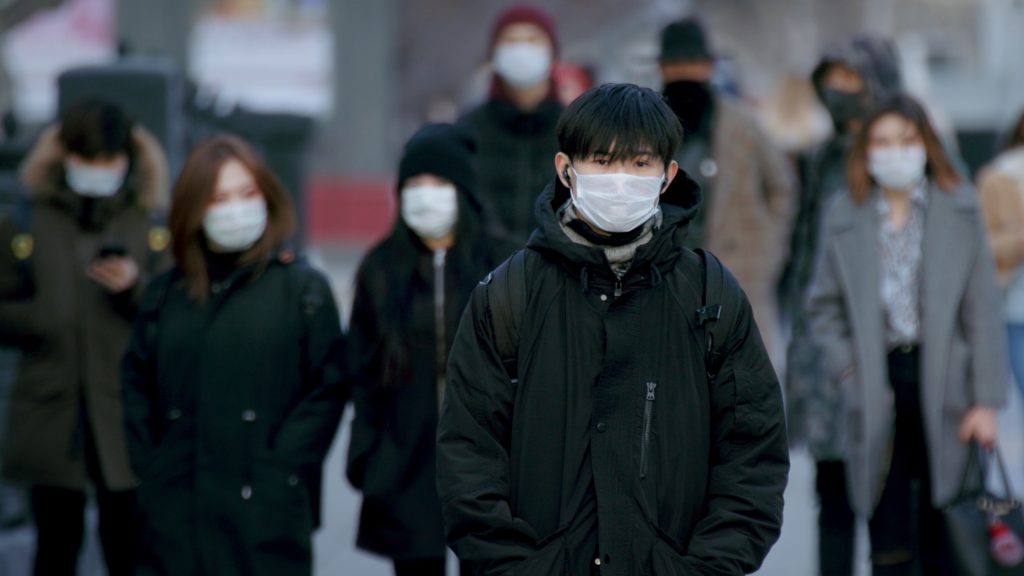
- ARAB NEWS
- 12 Jul 2025

Tokyo: The Japanese government has started to consider lowering the classification of COVID-19 under the infectious disease law, bearing in mind the possibility of implementing the change next spring at the earliest, government sources said Wednesday.
COVID-19 is currently classified in Category II, the second highest in the five-tier system based on severity and infectiousness.
The classification is expected to be lowered to Category V, which includes seasonal influenza.
The government will study the move based on factors including the trend of infections during the ongoing eighth COVID-19 wave.
Meanwhile, the government will consider continuing to cover the medical and other costs linked to the novel coronavirus with public money, taking into account opinions from experts calling for caution.
There are also proposals to make the wearing of masks indoors unnecessary in principle.
According to data released on Dec. 21 by the health ministry on COVID-19 patients in July and August, when Japan experienced the seventh wave of infections, mainly involving the omicron variant, the proportion of people aged 80 or older who developed severe symptoms stood at 1.86 pct and the mortality rate for the age group came to 1.69 pct.
Both figures were below those of seasonal flu, prompting the government to consider placing COVID-19 in Category V.
The infectious disease law describes COVID-19 as a disease that can greatly affect people’s lives and health.
Under the current system, medical institutions that can handle COVID-19 patients are limited to fever outpatient services, and patients are given recommendations for hospitalizations and could face work restrictions.
Meanwhile, expenses for medical treatments and vaccinations are covered with public money.
Such measures could be eased to levels on par with those for influenza if COVID-19 is reclassified in Category V.
In addition, if COVID-19 reporting rules are revised to require only certain medical institutions to report new infection cases, the burden on public administration would be reduced.
The government aims to revive social and economic activity in the country, with Prime Minister Fumio Kishida saying at a lecture in Tokyo on Monday, “We hope to fully take back normal life and achieve a strong economic rebound next year.”
But the virulence of the novel coronavirus may increase depending on future mutations, and experts are worried that the out-of-pocket medical expenses that would appear after the proposed reclassification may cause people to avoid seeking medical checks and vaccinations.
“We should think about the downsides to lowering (the classification) and consider what can be done now,” Kazuhiro Tateda, a member of the government’s expert panel and professor of infectiology at Toho University, said. “It’s important to draw up a road map that includes gradual changes.”
Takaji Wakita, who heads a health ministry task force on COVID-19, sought a careful review, saying, “The medical care system remains in a very tough situation, so we need to discuss how we should make changes.”
Based on such expert opinions, the government will mull keeping public funding to cover COVID-19 medical expenses in place for the time being, as well as making gradual reductions in subsidies for medical institutions to secure beds for coronavirus patients even if the cuts are decided.
On the use of masks for indoor spaces, which is currently urged in principle, the government will consider a proposal to make it unnecessary except in times when the novel coronavirus is spreading rapidly and when a simultaneous spread of the coronavirus and seasonal influenza is feared. The proposal will be discussed at a health ministry advisory council.
JIJI Press